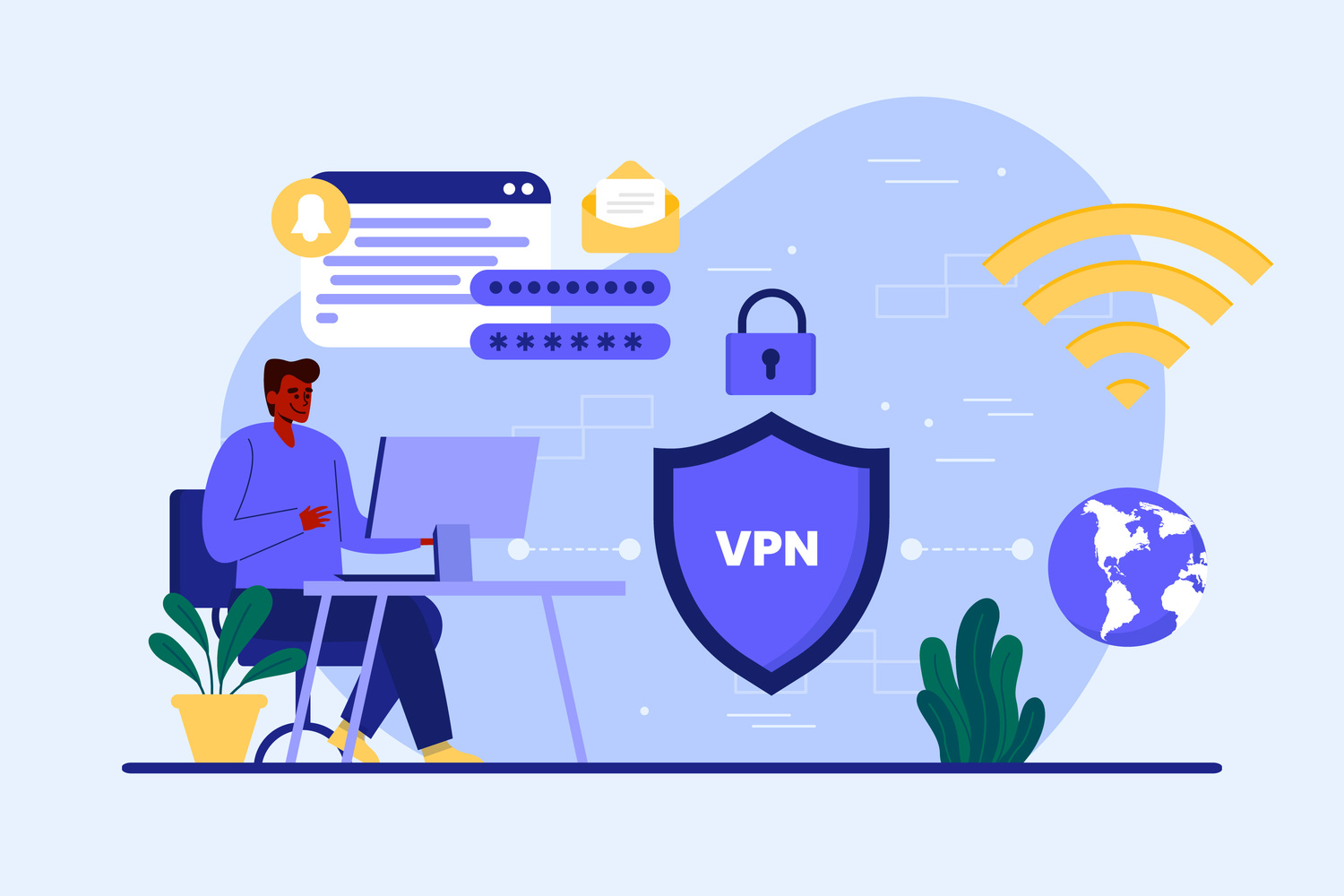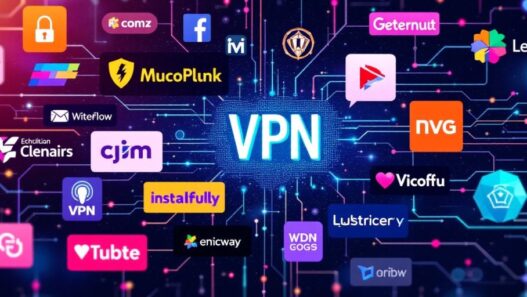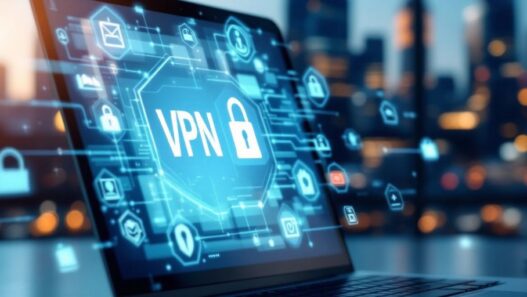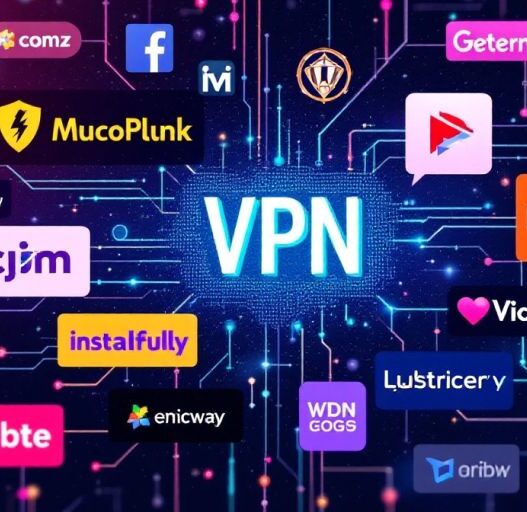The Impact of Net Neutrality Changes on Internet Users
The ongoing debate about net neutrality changes is crucial for internet users everywhere. Net neutrality means that internet service providers (ISPs) must treat all data on the internet equally, without favoring or blocking particular websites or services. As regulations shift, the implications for users could be significant.
Understanding Net Neutrality Regulations
Net neutrality regulations are designed to ensure that all internet traffic is treated the same. This means that ISPs cannot charge extra fees for faster access to certain websites or services. Without these rules, users may face a tiered internet experience, where they pay more for better access.
Potential Consequences of Repealing Net Neutrality
If net neutrality is repealed, users might experience:
- Higher costs for accessing popular services.
- Slower speeds for smaller websites that cannot afford to pay ISPs for better access.
- Limited choices as larger companies dominate the market.
How ISPs Might Change Their Practices
With the removal of net neutrality, ISPs could:
- Introduce paid prioritization, where companies pay for faster delivery of their content.
- Block or throttle access to certain websites, especially those that compete with their services.
- Create data caps that limit how much users can access without extra charges.
Legal and Political Landscape in 2024
As we approach 2024, the legal and political landscape surrounding net neutrality remains uncertain. Ongoing debates in Congress and potential state-level regulations could shape the future of internet access. Users must stay informed about these changes, as they could directly impact their online experiences.
In light of these potential changes, many users are turning to VPNs (Virtual Private Networks) as a solution. VPNs can help maintain internet freedom by encrypting data and bypassing restrictions. Popular VPN services like ExpressVPN, NordVPN, and CyberGhost offer features that protect user privacy and prevent ISP throttling.
Act now to safeguard your internet experience! Consider using a VPN to ensure you have unrestricted access to the content you love. By choosing a reliable VPN service, you can navigate the internet freely, even in a changing regulatory environment.
The Role of VPNs in Maintaining Internet Freedom

In an era where internet access is increasingly under scrutiny, VPNs serve as a crucial tool for maintaining online freedom. Virtual Private Networks (VPNs) provide users with a way to navigate the internet without the fear of being monitored or restricted by Internet Service Providers (ISPs). As net neutrality regulations face challenges, VPNs become essential for users seeking to protect their online activities and access content freely.
How VPNs Work to Bypass Restrictions
VPNs work by creating a secure tunnel between the user’s device and the internet. This tunnel encrypts data, making it difficult for ISPs to see what users are doing online. By masking the user’s IP address, VPNs allow individuals to access websites and services that may be blocked or throttled by their ISP. This is particularly important in regions where net neutrality is not enforced, as it helps users regain control over their internet experience.
VPNs as a Tool Against ISP Throttling
One of the significant advantages of using VPNs is their ability to prevent ISPs from throttling internet speeds. When users engage in bandwidth-heavy activities like streaming or gaming, ISPs may slow down their connection. VPNs circumvent this throttling by hiding the type of traffic being transmitted. This means that users can enjoy smoother streaming and faster downloads without interruptions.
Privacy Benefits of Using VPNs
Using a VPN not only helps in bypassing restrictions but also enhances user privacy. By encrypting internet traffic, VPNs prevent ISPs from collecting data on browsing habits. This is especially important in a landscape where ISPs may sell user data to advertisers. With a VPN, users can browse the internet with greater anonymity and security.
Limitations and Challenges of VPN Usage
While VPNs offer many benefits, they are not without limitations. Some users may experience slower internet speeds due to the encryption process. Additionally, not all VPN services are created equal; some may log user data or have weak security measures. Users should carefully choose reputable VPN providers to ensure their privacy and security are protected.
In conclusion, as the debate over net neutrality continues, VPNs stand out as a vital resource for internet users. They not only help in circumventing throttling but also protect user privacy. For those looking to maintain their internet freedom, considering a reliable VPN service is essential. Take action now to safeguard your online experience by exploring top VPN services that fit your needs.
Global Perspectives on Net Neutrality and VPN Usage

As the debate around VPNs and net neutrality continues, it is essential to understand how different countries approach these issues. VPNs can serve as a solution for users seeking to maintain Internet access equality in the face of varying ISP regulations.
Net Neutrality Laws Around the World
Net neutrality laws differ significantly across the globe. Some countries enforce strict regulations to ensure that all internet traffic is treated equally, while others allow ISPs more freedom to manage their networks. Here are a few examples:
- United States: The net neutrality debate has been contentious, with regulations fluctuating based on political leadership.
- European Union: Strong net neutrality laws are in place, ensuring that ISPs cannot block or throttle VPN traffic.
- China: Strict internet censorship laws limit VPN usage, making it difficult for users to access global content.
VPN Restrictions in Different Regions
In some regions, governments impose restrictions on VPN usage as part of broader internet censorship efforts. This can lead to:
- Blocking VPN services: Some ISPs may prevent users from connecting to VPN servers.
- Throttling VPN traffic: Users may experience slower speeds when using VPNs, making them less effective.
- Legal consequences: In certain countries, using a VPN can lead to fines or other penalties.
Case Studies of VPN Usage Under Varying Regulations
Examining how VPNs are used in different regulatory environments reveals much about their effectiveness:
- In the EU: Users enjoy robust protections, allowing them to access content freely without ISP interference.
- In the US: Users often turn to VPNs to bypass throttling and access blocked content, especially during political shifts.
- In authoritarian regimes: VPNs are a lifeline for users seeking to access uncensored information, despite the risks involved.
Future Trends in Global Internet Governance
As we look ahead, the landscape of net neutrality and VPN usage is likely to evolve. Key trends to watch include:
- Increased regulation: More countries may adopt net neutrality laws to protect users.
- Technological advancements: VPN providers will continue to innovate to evade ISP restrictions.
- Public awareness: As users become more informed about their rights, demand for VPN services may rise.
In a world where ISP regulations can dictate access to information, VPNs remain a crucial tool for users seeking to navigate these challenges.
In conclusion, understanding the global perspectives on net neutrality and VPN usage is vital for users who wish to protect their online freedom. As regulations change, staying informed and utilizing reliable VPN services can help ensure that internet access remains equitable for all.
Conclusion
As we look ahead to 2024, the debate over net neutrality remains crucial. On one hand, net neutrality supports fair access to the internet, encourages competition, and safeguards free speech. On the other hand, some argue that it could burden internet service providers (ISPs), potentially slowing down investment and innovation. The future of net neutrality will hinge on finding a balance that protects users while allowing the internet to grow and evolve. As laws change, it’s important for everyone to stay informed about how these shifts might impact their online experiences.
Frequently Asked Questions
What is net neutrality and why is it important?
Net neutrality means that all internet traffic should be treated equally by internet service providers (ISPs). This is important because it ensures that no one can pay to have their content go faster than others, keeping the internet fair for everyone.
How can a VPN help with internet access?
A VPN, or Virtual Private Network, helps by creating a secure connection to the internet. This means your ISP can’t see what you’re doing online, which can prevent them from slowing down your internet speed for certain activities.
Are there any downsides to using a VPN?
Yes, while VPNs can help protect your privacy and access blocked content, they can sometimes slow down your internet speed. Additionally, they are not a complete solution to the issues caused by the lack of net neutrality.


















